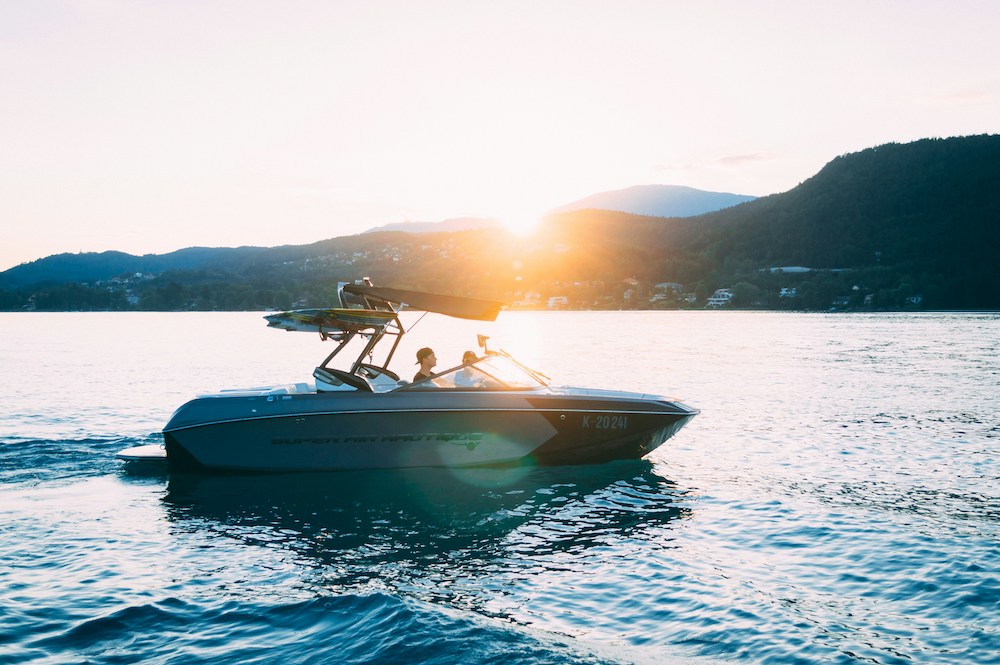When you live this close to Lake Ontario, it’s hard to argue against spending the afternoon out on the water. There’s nothing better than communing with nature, enjoying the sun, and having wholesome fun with family and friends.
But when so many vacationers flock to the water, it’s not surprising that accidents occur. According to the Canadian Red Cross, almost 2,500 people were killed in recreational boating accidents between 1991 and 2008. Transport Canada estimates that 200 people die from recreational boating accidents each year.
Many people who experience a boating injury or an unexpected death of a loved one can pursue legal action to receive compensation for their losses. However, it’s always better to prevent an accident than it is to try to receive payment for your injury. And if an accident does occur, it’s imperative that you prove that your actions had no bearing on the injury.
How can you avoid injury or death from a boating accident? In this blog, we go over the main causes of accident and injury, and what you can do to prevent them.
WHAT ARE THE MOST COMMON BOATING ACCIDENTS?
It’s important to know potential circumstances that can cause an injury before you get out on the water.
Drowning
Even if you’re a strong swimmer, you should have a life vest available in your boat. Canadian law requires that each person on the boat should have a life vest onboard. Children should wear life vests at all times.
If you do fall out of the boat unintentionally, don’t panic. Stay where you are and wait for the boat to circle around and throw you a life raft.
If someone else or a child falls into the water unintentionally, don’t panic. Keep sight of the person in the water as you carefully steer the boat back toward his or her location. As you near the person, throw out a life raft on a line. Slow down and keep the propeller far away from the person in the water.
Don’t reverse the boat. You could drag the person in the water into the propeller.
It’s best to practice emergency procedure before anyone falls out of the boat. Put someone in charge of throwing out the life raft and someone else in charge of keeping an eye on the person in the water.
Collisions
When you’re out on the water, keep clear of other boats, banks, floating debris, and other structures. If you crash into something on the lake, you could cause damage to your boat and the people inside. You can also cause people to unexpectedly fall in the water, putting them in danger of drowning.
Make sure you’re paying attention to other objects in the water. If you are inexperienced, steer clear of others as you learn how to use the controls.
Crushing
As long as you keep your distance from other watercraft, you shouldn’t worry about crushing any of your passengers’ body parts. Make sure everyone on board keeps their arms, legs, and extremities away from the edge of the boat when you’re pushing off and docking the boat.
If you are spending time with friends in another boat, use rope to tie the boats together or use your anchors. Make sure no one is in the space between the two boats before you turn the engine on or move.
Do not use your body to stop a collision. You may underestimate the momentum or weight of the boat and end up with crushed hands or legs.
WHAT ARE THE CONTRIBUTING FACTORS TO MOST BOATING ACCIDENTS?
Most people don’t try to get into boating accidents, but there are a common list of factors that lead to most injuries.
Stormy Weather and Rough Water
According to the Canadian Red Cross, large waves and strong winds contributed to 42% of all recreational drowning deaths between 1991 and 2008. It’s more difficult to navigate on the lake, avoid collisions, and in extreme weather, even keep the boat from capsizing if waves get too strong.
If weather starts to get unpleasant and the water gets choppy, it’s safer to head home. Check the weather report before you head out to avoid putting yourself in a dangerous situation.
Operator Inexperience
Inattention and inexperience are two of the most common causes of boating injuries, no matter the weather. The Canadian Red Cross lists the most common reckless behaviours that lead to fatalities:
Standing up in the boat
- Overloading the boat with people or cargo
- Performing a dangerous manoeuver
- Urinating over the edge of the boat
- Embarking or disembarking without paying attention
Paying attention on the water is key to accident prevention.
Alcohol Use
The Canadian Red Cross estimates that alcohol was involved in 63% of fatal boating accidents between 1991 and 2008. 20% of the people had below the legal limit of blood alcohol levels. That isn’t to say that you can’t enjoy a cold beer out on the water, but drinking responsibly and acting responsibly are key to preventing an accident or injury.
WHAT SHOULD YOU DO IF YOU ARE INJURED ON A BOAT?
If you do experience a personal injury despite your precautions, you should take immediate action. Call a personal injury lawyer to help you receive just compensation for your injuries.
